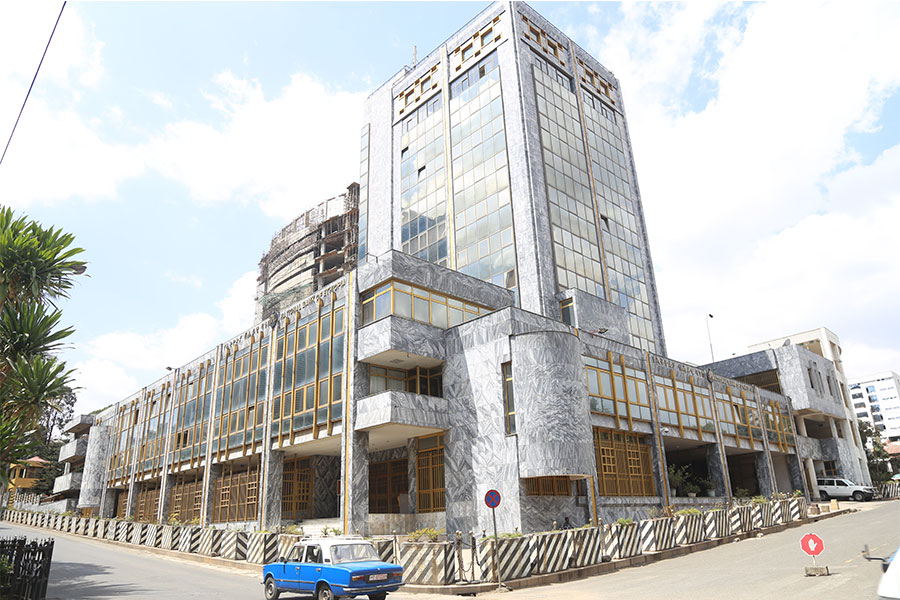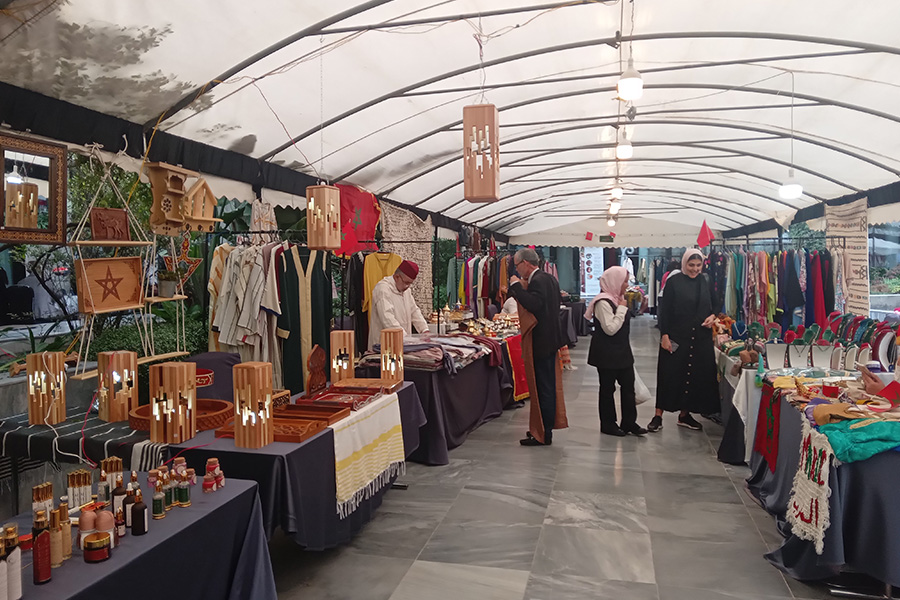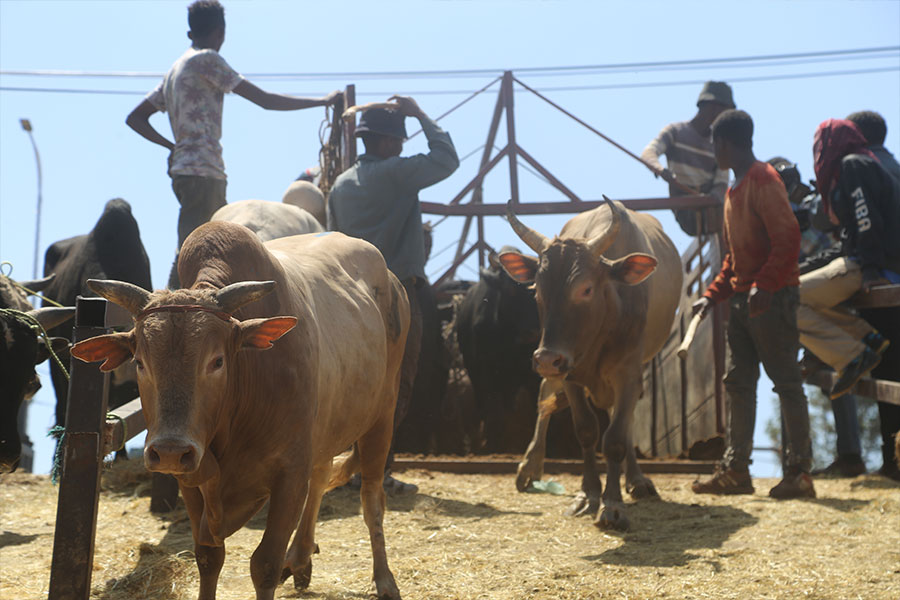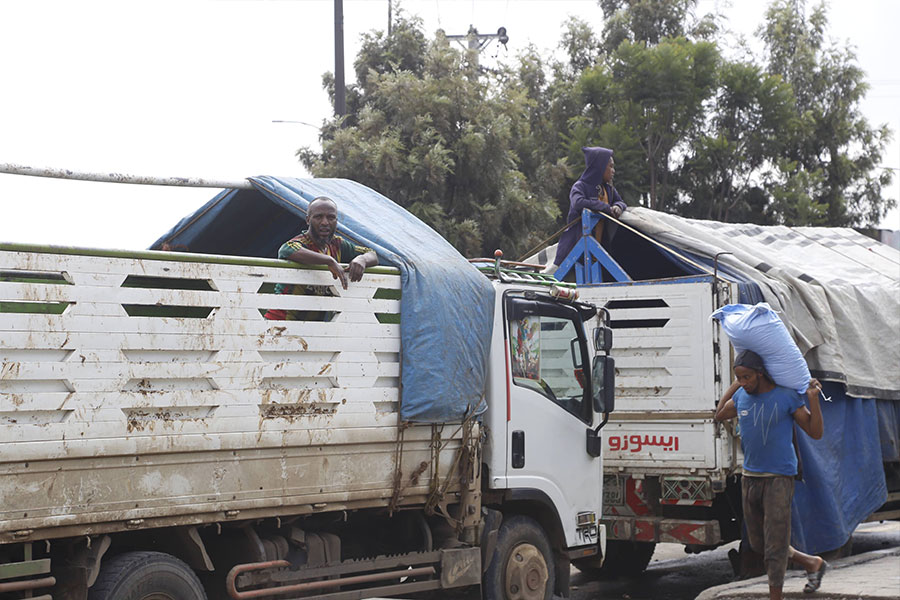
Radar | Mar 13,2021
Sep 24 , 2022
By Christian Tesfaye
We have all heard the news by now. The black market rate for one dollar is now around 90 Br. The official rate, for those with access, is around 53 Br. This is a premium of over 70pc, unheard of as far as memory serves me.
Look at the Balance of Payments, and the reason why becomes clear. Despite rises in goods and service export, the four billion dollar escalation in goods’ import values, has put the balance position in negative territory. Thank global price rises in fuel, grains and edible oil for this. An official two billion dollars more in foreign currency rushed out of the country than was brought in.
Cepheus Growth Capital, an investment management firm, estimates that the foreign currency reserves of the central bank have fallen by nearly half to 1.5 billion dollars. Banks only have around one billion dollars in reserves. There has been massive drawdown to cover foreign currency expenses in goods import, debt service and a fall in both new borrowing and grants. It is a very precarious situation.
It is thus no surprise that the black market rates have gone up. It is simple supply and demand. More buyers of foreign currency – including car importers – unable to satisfy their foreign currency needs from commercial banks are taking their business to informal market players and willing to pay phenomenal premiums for the access. The joke here is that commercial banks themselves charge high fees to sell their non-existent foreign currency. The higher the demand, the larger the spread between the official and informal rates. The lifting of restrictions against franco valuta is also believed to feed this demand, as importers rush to buy dollars and euros.
On the supply side, a good chunk of the remittance is being diverted to the black market. Here again, supply and demand apply. Few members of the diaspora exchange their dollars at banks, which offer a measly 53 Br rate compared to widely available black market players that bid nearly double that amount. It is not a competition. The other joke here is that this happens under the nose of the authorities in a popular spot, National Theatre. It has been public knowledge for decades that it is the epi-centre of black market trading.
It seems that the government has a few plans against this. It is impossible to say to what extent the decision to liberalise the financial sector is influenced by the foreign currency shortage but it is most likely in the minds of policymakers. The government is also trying to get an International Monetary Fund (IMF) programme going. Beyond that, it is merely appealing to the good nature of the diaspora community to remit through formal channels, where the central bank buys 70pc at the prevailing market rate.
There will be no way out of this until productivity in Ethiopia improves in agriculture (to address food insecurity and reduce the need to import so much grain) and manufacturing (to diversify out of the volatile commodity market and exploit the country’s cheap labour). Until the merchandise trade deficit, currently at 14 billion dollars, or around 14pc of GDP, or more than three-fold of revenues from goods export, could be addressed, it is impossible to get anywhere.
The structural issue of the age-old foreign currency crisis also needs to be addressed: lack of a float. Unless the Birr can be exchanged at a market rate, economic slowdowns will always come with a foreign currency crisis. Of course, it is probably a good idea to improve the political situation and work out issues on debt burden with development partners first.
PUBLISHED ON
Sep 24,2022 [ VOL
23 , NO
1169]


Radar | Mar 13,2021

Radar | May 13,2023

Fortune News | Nov 30,2019

Radar | Jul 07,2024

Fortune News | Aug 17,2025

In-Picture | Oct 27,2024

Commentaries | May 15,2021

Radar | Oct 14,2023

Agenda | Apr 15,2023

Fortune News | Aug 14,2021

Photo Gallery | 178797 Views | May 06,2019

Photo Gallery | 168995 Views | Apr 26,2019

Photo Gallery | 159843 Views | Oct 06,2021

My Opinion | 137115 Views | Aug 14,2021
Commentaries | Oct 25,2025

Dec 22 , 2024 . By TIZITA SHEWAFERAW
Charged with transforming colossal state-owned enterprises into modern and competitiv...

Aug 18 , 2024 . By AKSAH ITALO
Although predictable Yonas Zerihun's job in the ride-hailing service is not immune to...

Jul 28 , 2024 . By TIZITA SHEWAFERAW
Unhabitual, perhaps too many, Samuel Gebreyohannes, 38, used to occasionally enjoy a couple of beers at breakfast. However, he recently swit...

Jul 13 , 2024 . By AKSAH ITALO
Investors who rely on tractors, trucks, and field vehicles for commuting, transporting commodities, and f...

Oct 25 , 2025
The regulatory machinery is on overdrive. In only two years, no fewer than 35 new pro...

Oct 18 , 2025
The political establishment, notably the ruling party and its top brass, has become p...

Oct 11 , 2025
Ladislas Farago, a roving Associated Press (AP) correspondent, arrived in Ethiopia in...

Oct 4 , 2025
Eyob Tekalegn (PhD) had been in the Governor's chair for only weeks when, on Septembe...

Oct 25 , 2025 . By YITBAREK GETACHEW
Officials of the Addis Abeba's Education Bureau have embarked on an ambitious experim...

Oct 26 , 2025 . By YITBAREK GETACHEW
The federal government is making a landmark shift in its investment incentive regime...

Oct 29 , 2025 . By NAHOM AYELE
The National Bank of Ethiopia (NBE) is preparing to issue a directive that will funda...

Oct 26 , 2025 . By SURAFEL MULUGETA
A community of booksellers shadowing the Ethiopian National Theatre has been jolted b...